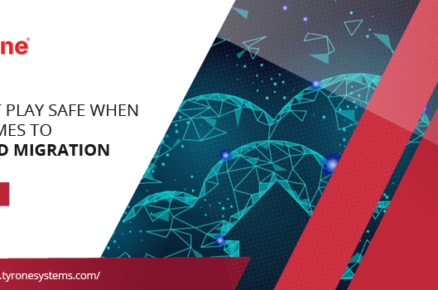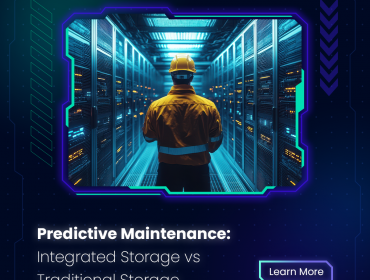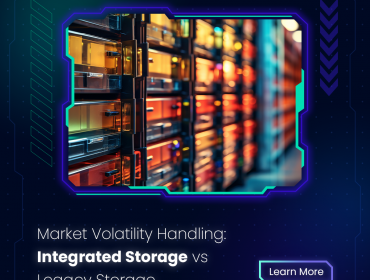Challenges Legacy Systems and Technologies Face
There are several challenges of legacy systems, few of them are:
- Obsolete or outdated technology
- Outdated, inaccurate or incomplete documentation
- Not enough skill sets to run older systems in the market today
- Lack of support for older software systems
Existing systems affect business continuity and reliability. They often incur high maintenance costs.
If we see we have a loophole in our legacy systems that is if one problem incurs it leads to another and then that leads to other problems, this goes on. Therefore, upgrading your legacy software systems is highly significant.
Benefits of Modernization of Existing Systems
The systems you choose to invest in to become the very foundation of your business. With the right tools and systems in place, you can accomplish business objectives and reach your company’s full potential.
Legacy system modernization empowers your IT department so that they can work more efficiently and intelligently. They would no longer need to waste time on manual integrations and bug fixes.
Some of the significant benefits of legacy modernization are:
- Cost Reduction
Companies that modernize legacy software systems are 5X more likely to experience a significant reduction in cost.
When you move from local on-premise data centres to cloud-based solutions, you can cut down on the cost associated with data centre utilities. Cloud-based data solutions offer more scalable and manageable services at affordable rates.
Modern enterprises spend more than 60% of their IT budget on the maintenance of the legacy systems.
Also, diagnosing issues may take from a couple of hours to several days as very few developers in your team know the old legacy systems in-depth.
Modern systems allow you to re-architect the legacy code with open-source programming languages.
You can automate the manual writing of code, repurpose the existing code, and optimize the business processes. You don’t need to hire highly skilled developers to maintain the code.
- Enhanced Team Productivity & Performance
Improving the overall team productivity is one of the crucial benefits of modernizing legacy systems. You can move the workforce to cloud and leverage cloud computing to improve the efficiency of day-to-day activities.
Here’s how modernized systems can help you improve productivity in your business:
Improved developer productivity: According to the Forrester study, upgrading the legacy applications enhances the productivity of your development team by as much as 40%. Developers get access to better development tools and sophisticated cloud technology that helps them improve efficiency.
Portability: Different departments of the same organization have different needs. For example, a particular team may require more storage space, while other groups may have fast processing needs. Modernized legacy systems are highly flexible and work in variable conditions. With portable modules, you can efficiently manage resources and achieve optimum results.
- Revamped Business Agility
Modernized applications allow companies to serve their customers and vendors efficiently. Companies with modernized systems stand a better chance of getting more business.
The web-based modern technologies provide high scalability to your organization. They allow you to connect with your customers in real-time.
Usually, companies find it very hard to develop new products or features with the legacy systems. With modernized applications, it becomes easier to plan for the future, design, and launch new features and services in less time.
On the development side, modernization means better code, well-managed databases, and highly flexible applications. Web-based systems allow your employees to work in real-time from anywhere in the world.
Besides, since online services are lucrative for end customers, it can provide more value to your services and promote sales.
- Stronger Security
Security is the most vital reason your organization should consider to modernize the legacy systems.
According to reports by security firms like Symantec, outdated systems are highly vulnerable to malware attacks and data breaches. Lack of support from vendors is the main reason why legacy systems are so vulnerable to such attacks.
You can’t just rely on the systems that seemed secure five or ten years ago. Modernization of legacy system provides you with better security and protection to your critical business transactions.
- Improved Compliance and Customer Support
Non-compliance to process regulations cost companies millions of dollars.
Keep that in mind if organizations want to get an edge over your competitors when you deliver top-notch services while adhering to the standard software compliance.
Managing and updating the logs and reports is a big headache with paper-based legacy applications. With modernized systems, it’s easier to update logs and reports from anywhere, at any time.
Features like real-time data entry, increased security to advanced encryption, improved project tracking all contribute to easy compliance, better customer support, and reduced risk.











